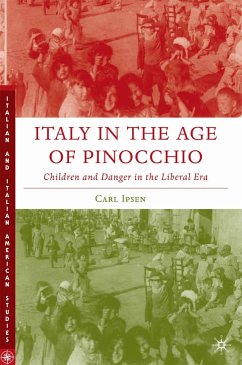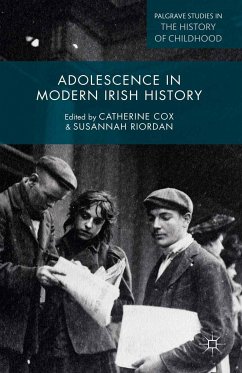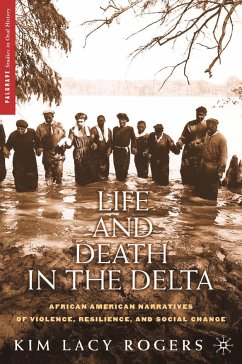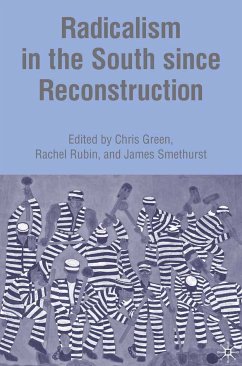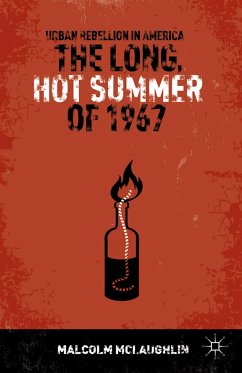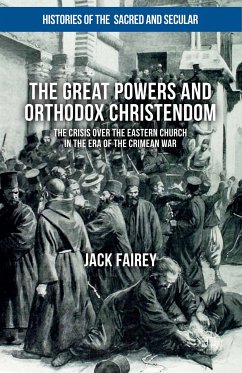"This is an extraordinary book. As a child who fled Nazi persecution, I was fascinated to learn from this important study how the European culture of our origin (our cultural capital) merged with the freedom and academic opportunities of our newfound homeland, the United States, to give my generation of émigrés a distinctive set of capabilities, ambitions, and opportunities for a remarkably productive and enjoyable life despite the traumatic uprooting of our childhood. This beautifully documented analysis also illustrates two ways in which this infusion of émigrés differed from other waves of immigration. First, because of their youth, they sought to merge imperceptibly into American life. Second, because of their background, they could
make a unique contribution to American culture.
This book is a must for both the general reader and the specialists in social sciences and history. Anyone interested in learning how different waves of immigration have forged American culture will find this book a fascinating intellectual experience." - Eric R. Kandel, winner of the 2000 Nobel Prize for Physiology/Medicine
"A landmark, a contribution not only to the character of searing human experience, but to the transformation of American society. No one can write - or read - American history without it." - Daniel Bell, Henry Ford II Professor of Social Sciences, Emeritus, Harvard University
"This unique book - an inquiry in the nature and complexity ofsuccess - uses both wide-ranging interviews and quantitative methods to explore why so many of the children who fled Nazi persecution to the U.S. did so well in their careers." - Lore Segal, author of In Other People's Houses, and Fellow, the American Academy of Arts and Sciences
"A fascinating story. Personal voices enliven the sophisticated research, making the subject accessible to lay persons as well as to academic readers." - Gerda Lerner, historian and author of Fireweed: A Political Autobiography






